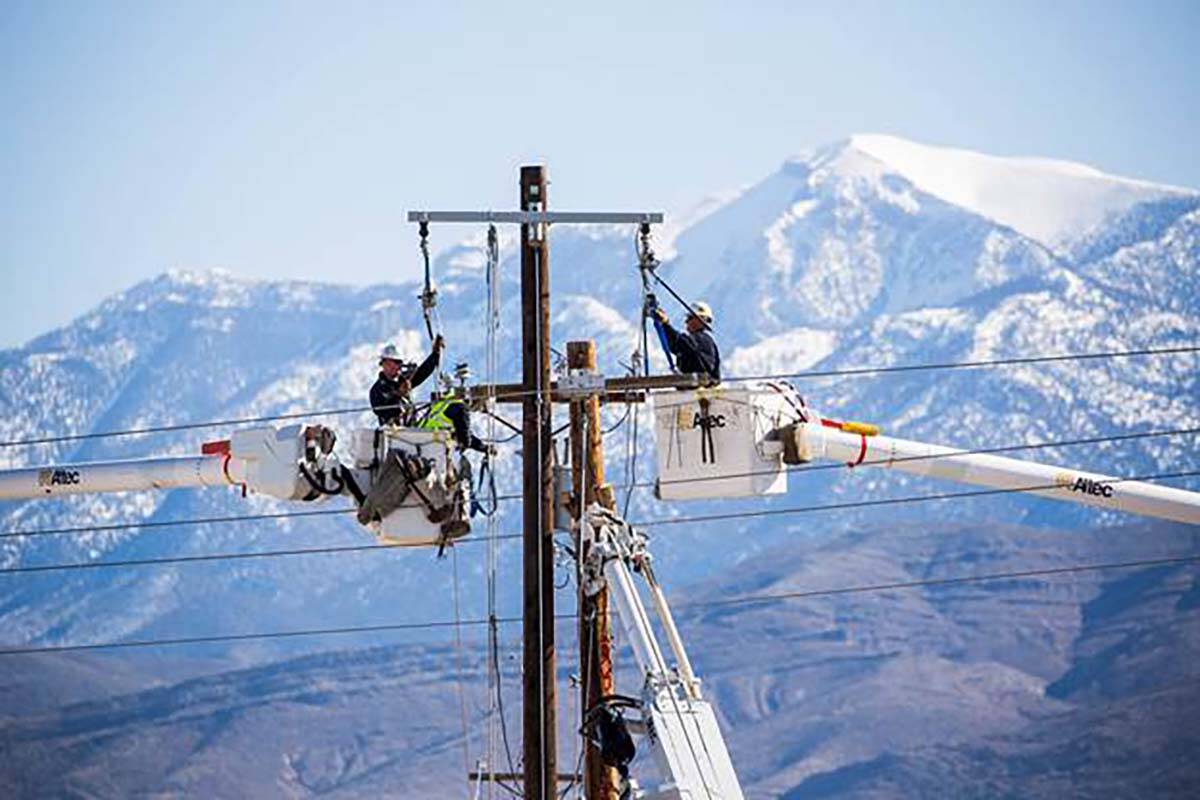COMMENTARY: Rural America deserves better on broadband buildout
Whatever its flaws, the 2021 Bipartisan Infrastructure Law launched a $42 billion investment in broadband deployment to help connect everyone in America to reliable, affordable high-speed internet.
Unfortunately, bureaucratic waste, delays and the administration’s insistence upon self-destructive price-control mandates threaten the program’s success. Amid those bureaucratic hang-ups, rural Americans who lack high-speed broadband stand to suffer the most.
To be sure, overall U.S. broadband access and choice today constitutes a free-market success story, with booming competition across multiple technologies from ultrafast fiber to 5G wireless to advanced hybrid cable systems. Regarding the overall broadband marketplace, for most Americans, speeds are up and prices are down.
In too many cases, however, it’s a different story in rural America, where 28 percent of residents don’t have high-speed wired broadband, resulting in unnecessary and avoidable losses and costs. For example, one report found that the rural digital divide costs the economy $47 billion and 360,000 jobs annually. In comparison, another pegged the drag on agricultural production alone at more than $18 billion.
To close that gap, the Biden administration’s Broadband Equity Access and Deployment program sought to combine public grants with private matching investments to wire hard-to-reach rural areas, where enormous distances and low customer volume would otherwise undermine the business case for private-sector deployment efforts. Through that cooperative effort, public investment could address unmet rural needs that the private sector may have difficulty filling.
However, poor execution and special interest carveouts put program timelines and goals at risk, even before the bulk of the funding was released.
For instance, while every state submitted a rural broadband buildout plan to the Commerce Department months ago, only seven states’ plans have been approved. The rest remain stuck in bureaucratic limbo, held up by the administration’s blatantly unlawful demand that states impose price controls on any broadband providers participating in the program.
Here’s another problem. Even if wiser heads manage to unstick that bureaucratic logjam, the next roadblock will be broadband providers’ ability to get quick, reasonably priced access to the utility poles needed to string new fiber wires.
Although hanging another wire on an existing pole might seem simple, that process requires a complex set of agreements with pole owners, municipalities that own rights of way, and sometimes private landowners whose property touches or hosts the poles. Accordingly, pole attachment requests nationwide drown in a sea of paperwork, obstructive demands, slow processing and exorbitant fee demands from rent-seekers eager to offload their pole maintenance and replacement costs onto others.
Those deployment delays and added costs risk shrinking the reach of the Broadband Equity Access and Deployment program and undercutting vital progress on the rural digital divide, depriving us all of the long-term economic benefits of expanded rural access to broadband.
Former FCC Commissioner Michael O’Rielly testified last year that “inefficient and costly permitting and pole fee requirements extend build timelines, raise overall costs, reduce willingness to participate in state and federal programs, alter bids submitted, and waste broadband company resources.” By one study, delayed broadband expansion from what the researchers call “pole owner hold up” costs as much as $1.86 billion a month!
The path to address those delays is clear: Congress must end the carve-outs and exemptions that allow municipal pole owners and electric co-ops to ignore federal oversight and pole negotiation rules. Additionally, the FCC should leverage its updated pole rules to referee and resolve pole attachment disputes quickly so that rural communities’ digital aspirations don’t grind to dust through months or even years of pole owners’ obstructionism. To keep the bipartisan program on track, the administration’s love affair with drawn-out bureaucratic proceduralism must give way to common sense.
Pole owners’ monopoly control of critical bottleneck infrastructure threatens the effective execution of broadband expansion programs, and the array of special interest carve-outs and exemptions only further distort negotiations.
That patchwork of local obstructions must be streamlined to accomplish this critical goal.
Closing the rural digital divide constitutes a rare bipartisan public priority. However, the effort will not succeed unless the administration moves past press releases and starts putting real resources and focus into execution on the ground.
Jeffrey Mazzella is president of the Center for Individual Freedom. He wrote this for InsideSources.com.






















